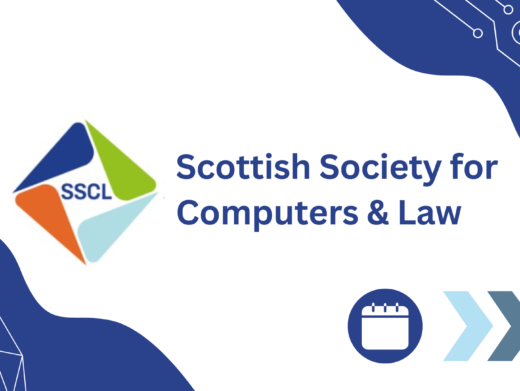On 28 September, the EU Commission presented guidelines and
principles for online platforms to increase the proactive prevention, detection
and removal of illegal content inciting hatred, violence and terrorism online.
The full title of the document containing these guidelines
and principles is ‘COMMUNICATION FROM THE COMMISSION TO THE EUROPEAN
PARLIAMENT, THE COUNCIL, THE EUROPEAN ECONOMIC AND SOCIAL COMMITTEE AND THE
COMMITTEE OF THE REGIONS Tackling Illegal Content Online Towards an enhanced
responsibility of online platforms’ and can be downloaded here.
The Commission’s
stated aim is to increase the proactive prevention, detection and removal of
illegal content inciting hatred, violence and terrorism online. The Commission
believes that the increasing availability and spreading of terrorist material
and content that incites violence and hatred online is a serious threat to the
security and safety of EU citizens and undermines citizens’ trust and
confidence in the digital environment – a key engine of innovation, growth and
jobs. The Communication’s objective is to ‘facilitate and intensify the
implementation of good practices for preventing, detecting, removing and
disabling access to illegal content so as to ensure the effective removal of
illegal content, increased transparency and the protection of fundamental
rights online’.
The EU Commission press release can be accessed here but SCL
members should be warned that it makes reference to ‘a digital Wild West’.
The strict legal status of the Communication is uncertain; it probably has none. But the
Commission describes it as ‘a first step’ and states that ‘follow-up
initiatives will depend on the online platforms’ actions to proactively
implement the guidelines’. The Commission will monitor progress made by the
online platforms and, by May 2018, ‘assess whether additional measures are
needed in order to ensure the swift and proactive detection and removal of
illegal content online, including possible legislative measures to complement
the existing regulatory framework’.
Highlights of the Communication include:
- Detection and notification: Online
platforms should cooperate more closely with competent national authorities, by
appointing points of contact to ensure they can be contacted rapidly
to remove illegal content. To speed up detection, online platforms are
encouraged to work closely with trusted flaggers, i.e. specialised
entities with expert knowledge on what constitutes illegal content.
Additionally, they should establish easily accessible mechanisms to allow users
to flag illegal content and to invest in automatic detection technologies. - Effective removal: Illegal content should
be removed as fast as possible, and can be subject to specific timeframes,
where serious harm is at stake, for instance in cases of incitement to
terrorist acts. The issue of fixed timeframes will be further analysed by the
Commission. Platforms should clearly explain to their users their content
policy and issue transparency reports detailing the number and types
of notices received. Internet companies should also introduce safeguards to
prevent the risk of over-removal. - Prevention of re-appearance: Platforms
should take measures to dissuade users from repeatedly uploading illegal
content. The Commission strongly encourages the further use and development
of automatic tools to prevent the re-appearance of previously removed
content.




